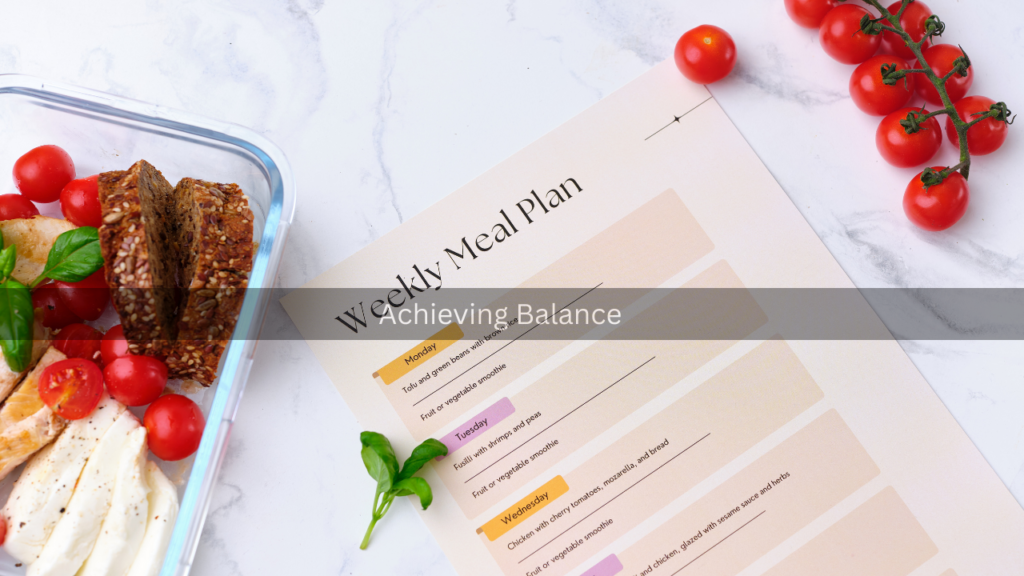Regular exercise is essential for maintaining good health, boosting energy levels, and improving mental well-being. However, many people struggle to stick to a fitness routine due to lack of time, motivation, or unrealistic goals. The key to lifelong fitness is creating a sustainable exercise routine—one that is enjoyable, flexible, and tailored to your needs. By finding activities you love and incorporating them into your lifestyle, you can stay active for life.
1. Finding the Right Exercise for You
The best workout routine is the one you enjoy and can stick with long-term. To make exercise a lasting habit, choose activities that fit your interests, schedule, and fitness level.
- Cardiovascular Exercise – Activities like walking, jogging, cycling, swimming, or dancing improve heart health and endurance.
- Strength Training – Lifting weights or doing bodyweight exercises like push-ups and squats strengthens muscles and bones, reducing the risk of injury.
- Flexibility and Mobility Work – Yoga, stretching, and foam rolling help improve flexibility, prevent injuries, and promote relaxation.
- Functional Fitness – Activities like hiking, gardening, or playing sports improve overall strength and coordination in everyday movements.
2. Setting Realistic and Achievable Goals
Many people quit exercising because they set unrealistic goals or expect quick results. Instead of aiming for drastic changes, focus on small, achievable steps that lead to long-term success.
- Start Small – If you’re new to exercise, begin with short sessions (10-15 minutes) and gradually increase duration and intensity.
- Set SMART Goals – Make your goals Specific, Measurable, Achievable, Relevant, and Time-bound. For example, “I will walk for 30 minutes, five days a week.”
- Track Your Progress – Use a journal, fitness app, or wearable device to monitor your workouts and celebrate milestones.
3. Creating a Balanced and Sustainable Routine
To maintain a lifelong fitness habit, your routine should be balanced, enjoyable, and adaptable.
- Mix It Up – Avoid boredom by incorporating different types of workouts. Try strength training one day, yoga the next, and a fun activity like dancing on another.
- Schedule Workouts Like Appointments – Treat exercise as a non-negotiable part of your day by setting aside dedicated time for it.
- Listen to Your Body – Rest and recovery are just as important as exercise. Allow time for muscle recovery and avoid overtraining to prevent burnout or injury.
- Stay Flexible – Life can be unpredictable, so be willing to modify your routine. If you miss a workout, don’t stress—just get back on track the next day.
4. Staying Motivated for the Long Term
Motivation can fluctuate, but developing habits and finding support can help you stay consistent.
- Find an Accountability Partner – Exercising with a friend or joining a class can keep you motivated and committed.
- Make It Fun – Choose activities you enjoy rather than forcing yourself into workouts you dislike.
- Reward Yourself – Celebrate milestones with non-food rewards like new workout gear, a relaxing massage, or a fun outing.
- Focus on the Benefits – Remind yourself why you started—better health, more energy, reduced stress, and improved mood.
Conclusion
A sustainable fitness routine is not about short-term results but about making movement a natural part of your lifestyle. By choosing enjoyable activities, setting realistic goals, and staying flexible, you can build a fitness habit that lasts a lifetime. Prioritize consistency over perfection, and embrace exercise as a lifelong journey toward better health and happiness.






